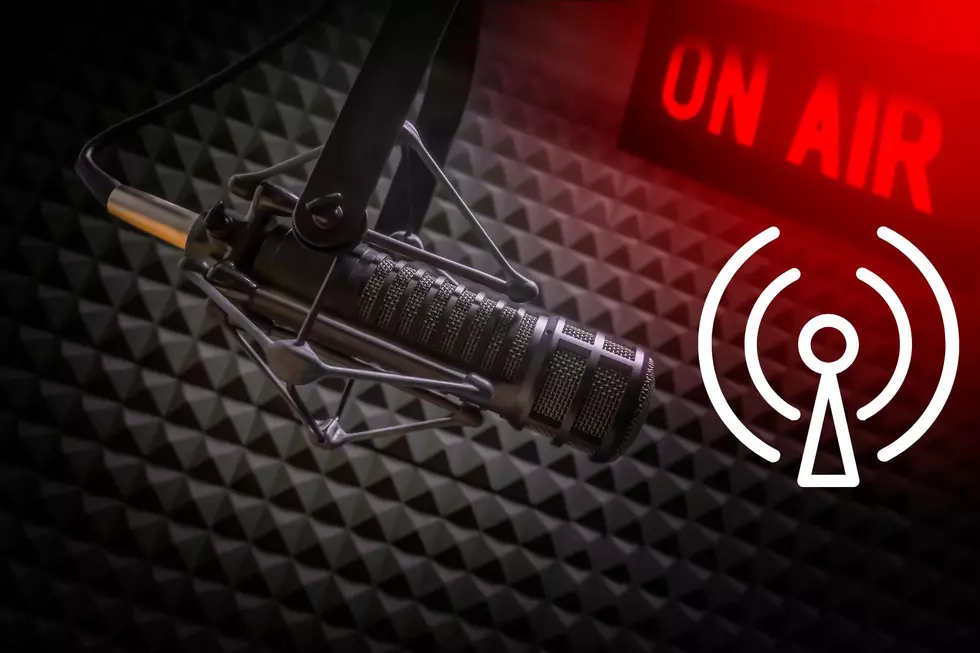
Hard To Swallow? Utah Hospital Offers New Procedure To Help
Surgeons at Intermountain Health are the first in Utah to offer a new less-invasive procedure to help treat patients who are experiencing achalasia, a disorder of the esophagus that makes it difficult to swallow food and beverages.
Traditional treatment options for achalasia have included medication, pneumatic dilation, Botox injections and surgery. Surgery has generally been the most effective treatment for achalasia, which affects about 1 in 10,000 people. The esophagus is the passageway between the mouth and stomach.
During surgery, surgeons cut the muscles of the lower esophagus to help open it up and make it easier for food to pass through. This is traditionally done either through a large incision in the chest called a thoracotomy, or more recently done laparoscopically through the abdomen.
Now, however, there is a new less-invasive option for patients in Utah who have achalasia that doesn’t require major surgery. Surgeons at Intermountain are now performing a new less-invasive endoscopic procedure called Peroral Endoscopic Myotomy, or POEM for short, which replicates the more invasive surgery without major surgical incisions. POEM is not considered a surgery, since no incision is made through the skin.
POEM is a relatively new procedure that uses endoscopic technology. A benefit of having an endoscopic procedure for those experiencing swallowing disorders, is that there are no incisions in the chest or abdomen and usually includes a minimal, or sometimes, no hospital stay following the procedure, said David Griffin, MD, a thoracic surgeon at Intermountain Health, who is among the first physicians in Utah to perform the new procedure.
“We’re excited to offer this procedure to our patients,” said Dr. Griffin. “As far as I am aware, we’re the only center performing the POEM procedure between Denver and the West Coast, so it really is a valuable treatment option that will benefit patients throughout the Intermountain West.”
Achalasia and other swallowing disorders are usually caused by the esophagus muscles and the lower esophagus sphincter muscles not relaxing, making it hard to swallow and hard for the food to pass into the stomach. Other symptoms besides swallowing issues may be heartburn, weight loss resulting in an overall lower quality of life.
A benefit of having an endoscopic procedure for those experiencing swallowing disorders, is that there are no incisions in the chest or abdomen and usually includes a minimal, or sometimes, no hospital stay following the procedure, said Dr. Griffin.
“Currently there are only a handful of centers in the United States offering this less-invasive approach to treating swallowing disorders, and Intermountain Health is one of those,” said Nathan Richards, MD, a surgeon at Intermountain LDS Hospital, who has worked with Dr. Griffin to perform the procedure.
For more information on the procedure, or to schedule an appointment to be evaluated, call 801-507-3730.
KEEP READING: See 25 natural ways to boost your immune system
More From KDXU 890 & 92.5









